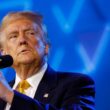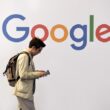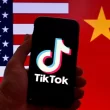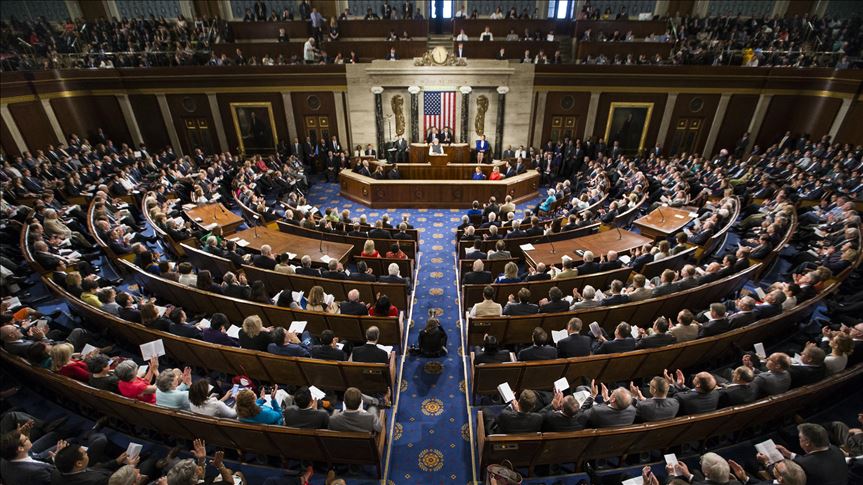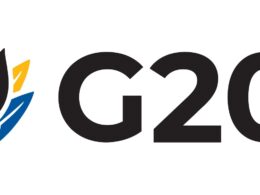US Lawmakers Urge Google and Apple to Remove TikTok from App Stores: A Deep Dive into the Debate
In a significant development in the ongoing scrutiny of TikTok, a group of U.S. lawmakers has called upon tech giants Google and Apple to prepare for the potential removal of the popular social media app from their app stores. This request underscores escalating concerns about TikTok’s data practices, its connections to the Chinese government, and broader geopolitical tensions between the United States and China.
The Context: TikTok in the Crosshairs
TikTok, owned by Chinese company ByteDance, has rapidly become one of the most downloaded apps worldwide, boasting over a billion users. Its popularity among younger demographics has made it a cultural phenomenon. However, its meteoric rise has been shadowed by allegations that the app poses risks to user privacy and national security. Critics argue that TikTok’s data collection practices could potentially expose sensitive user information to the Chinese government, given China’s laws requiring companies to cooperate with state intelligence efforts.
These concerns have prompted bipartisan scrutiny in the U.S. Congress, with lawmakers increasingly advocating for measures to mitigate perceived risks. Efforts have ranged from public hearings to legislation aimed at restricting or banning TikTok’s use on government devices and beyond.
Recent Developments: The Call for Removal
The latest move by U.S. lawmakers marks a significant escalation. In a letter addressed to Sundar Pichai, CEO of Google’s parent company Alphabet, and Tim Cook, CEO of Apple, the lawmakers urged both companies to “prepare to take swift action” by removing TikTok from their app stores. The letter cited specific concerns about TikTok’s ability to collect vast amounts of user data, including biometric and location information, which could theoretically be accessed by the Chinese government.

Key Arguments from Lawmakers
- Data Privacy Risks: The lawmakers argued that TikTok’s data collection practices go beyond those of most other social media platforms. They claimed that TikTok’s algorithms and data-sharing mechanisms are opaque, leaving users unaware of the extent of data being harvested.
- National Security Threat: TikTok’s potential to compromise national security was a central point. Lawmakers expressed concern that user data—including that of government employees and military personnel—could be exploited for espionage or cyberattacks.
- Violation of App Store Policies: The letter also suggested that TikTok may violate existing app store policies related to user privacy and data security. Lawmakers called on Apple and Google to conduct thorough reviews to determine whether TikTok complies with these policies.
Legislative and Regulatory Momentum
The push to remove TikTok aligns with a broader trend of legislative and regulatory actions targeting the app. Over the past year, Congress has introduced multiple bills aimed at curbing TikTok’s influence, including proposals to outright ban the app in the U.S. The Biden administration has also been involved, reportedly weighing a forced divestiture of TikTok from ByteDance to address security concerns.
Additionally, several states have enacted their own restrictions. For instance, Montana recently became the first state to pass a law banning TikTok entirely, though legal challenges have delayed its implementation. These state-level actions reflect growing unease about TikTok’s presence in American digital spaces.
.png)
The Role of Google and Apple
As gatekeepers of app distribution, Google and Apple play a pivotal role in determining which apps are accessible to billions of smartphone users worldwide. Their app store policies dictate the terms under which apps operate, including compliance with privacy and security standards.
In the past, both companies have faced pressure to remove apps over concerns about privacy, misinformation, or compliance with local laws. The TikTok case presents a complex challenge, balancing demands from U.S. lawmakers with the interests of millions of users and the app’s creator, ByteDance.

Potential Responses from Google and Apple
- Compliance with Lawmaker Requests: Should Google and Apple accede to the lawmakers’ demands, they would likely conduct internal reviews to assess TikTok’s compliance with app store policies. If violations are found, the companies could justify the app’s removal.
- Resisting Pressure: Conversely, Google and Apple might resist the push, arguing that TikTok’s data practices do not violate their policies. Such a stance would likely intensify the debate and draw further scrutiny from lawmakers.
- Intermediate Measures: An alternative approach could involve imposing stricter conditions on TikTok’s operations, such as requiring greater transparency or restricting certain features. This middle ground could appease critics while avoiding an outright ban.
Industry and Public Reaction
The call for TikTok’s removal has elicited varied responses from stakeholders across the tech industry, advocacy groups, and the general public.
Tech Industry Perspectives
Industry experts warn that removing TikTok could set a precedent for app store governance, raising questions about the criteria for app removal and the role of geopolitical considerations. Some argue that targeting TikTok could lead to retaliatory actions against U.S. companies operating in China, escalating trade tensions.
Privacy Advocates and Civil Liberties Groups
Privacy advocates have highlighted the broader implications of the debate. While some support efforts to protect user data, others caution against overreach, warning that such actions could infringe on free expression and access to information. Civil liberties groups have also expressed concerns about the potential for censorship.
Public Opinion
Among TikTok’s vast user base, the prospect of a ban has sparked widespread anxiety. For many users, particularly younger demographics, TikTok is not just a platform for entertainment but also a space for creativity, social interaction, and even livelihood. The app’s removal could disrupt these dynamics and provoke significant backlash.
International Implications
The push to remove TikTok also has broader international ramifications. As tensions between the U.S. and China continue to escalate, the app has become a symbol of the technological and ideological competition between the two nations.
China has consistently denied allegations that TikTok poses a security threat, accusing the U.S. of politicizing technology issues. The Chinese government has also indicated that it would oppose any forced sale of TikTok, framing such actions as an attack on Chinese businesses.
The Road Ahead: Key Considerations
As the debate unfolds, several key considerations will shape its trajectory:
- Legal Challenges: Any move to remove TikTok is likely to face legal challenges. ByteDance has already demonstrated its willingness to fight such actions in court, and the outcome of these battles could set important precedents.
- Global Tech Governance: The TikTok controversy highlights the need for clearer global standards on data privacy and app regulation. Establishing such standards could help address concerns while avoiding fragmented or unilateral actions.
- Balancing Security and Innovation: Policymakers and tech companies alike must navigate the delicate balance between ensuring national security and fostering innovation. Overly restrictive measures could stifle technological growth and limit consumer choice.
Conclusion
The call for Google and Apple to prepare for TikTok’s removal marks a pivotal moment in the broader debate over technology, privacy, and geopolitics. As lawmakers, tech companies, and other stakeholders grapple with these issues, the outcome will have far-reaching implications for the future of digital governance and the relationship between the U.S. and China. For now, TikTok remains at the center of a storm that shows no signs of abating.

